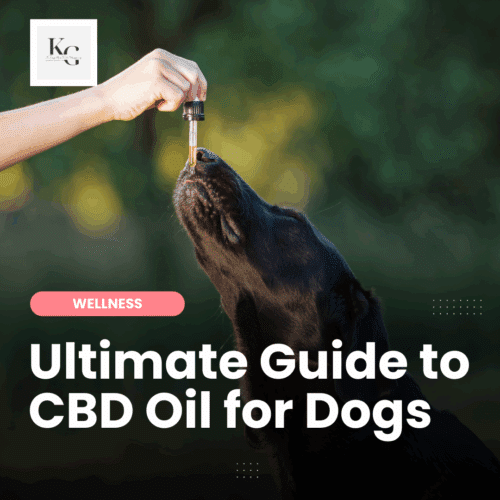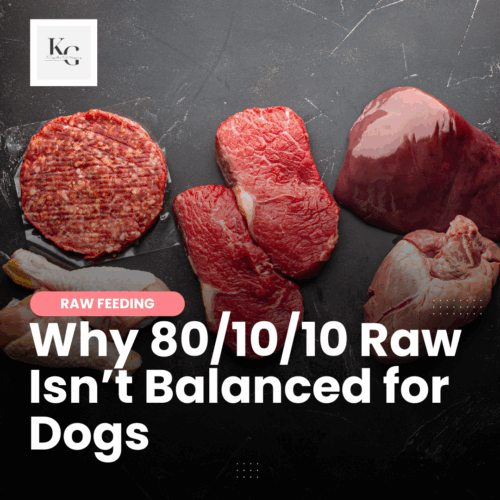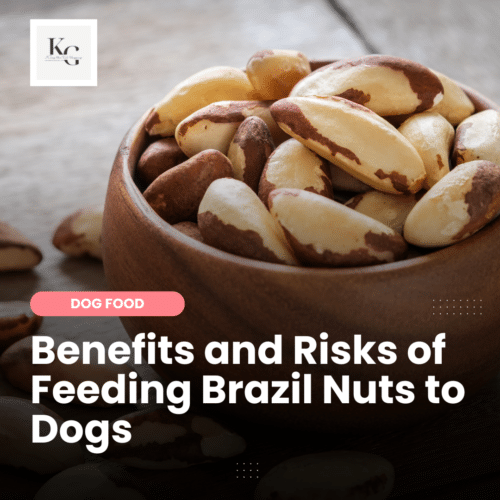Keep the Tail Wagging is supported by pet parents. I occasionally earn a commission (at no additional cost to you) when you click through an affiliate link to one of my favorite products. Thank you for your support. Read More
This post was originally published 11/28/2012. It has been updated with new information and republished.
DepositPhoto/peogeo
One question I see often is “what multi-vitamin should I give to my dog?” My response is “a raw egg.”
When it comes to a raw food diet, I don't believe our dogs need a multi-vitamin because they are getting all of the nutrients they need through their diet. The reason I suggest adding a raw egg to a dog's diet is that eggs are a superfood and filled with a host of nutrients.
Why I Think Vitamins are Bad for Dogs (and Humans)
With the exception of whole food vitamins (which I take), I'm not a fan of vitamins because most seem to be synthetic and they come from overseas. When synthetic vitamins are created, a scientist is isolating a vitamin (C, B, A) and delivering it to us in a form that is hard to digest and difficult to absorb into our system. My concern is that I'm not getting the whole benefits of the vitamins and that they may be sourced from unregulated markets.
Someone recently explained to me that if we have a cold, it's much better to get our Vitamin C from oranges than from a pill. The theory (which makes sense to me) is that it's not just the Vitamin C we're after but also the nutrients that work in conjunction with the vitamin and provides the healthy side effects.
Did that make sense?
Basically, whole foods are better.
How Do I Know My Dog's Raw Diet is Balanced?
My response to this question has changed over the years and where I currently land on this topic isn't popular with people who are used to either calculating out the nutrients they feed to their dogs OR people who are new to raw feeding and are attached to feeding a “complete and balanced” diet.
- I prefer to balance my dogs' raw diet over time; it's easier than calculating the 80/10/10 in every meal.
- I believe that 80/10/10 is a starting point; this isn't “the rule” for all dogs.
- I believe that our dogs' systems will store nutrients when there is a deficiency, and eliminate them when there is an overage.
- I believe that our dogs will seek out what they need in nature.
There are a lot of beliefs that I laid out here and I respect that it can be dangerous to avoid being proactive with our dogs' diet because they might find a source of a missing nutrient in the yard. So after much hemming and hawing, I adapted a spreadsheet that I found online for each of my dogs so that I have a better idea of what nutrients are being provided in their diet.
Example of nutrient worksheet downloaded from PackLunchRaw.com
If and when I find a deficiency, I'll seek out a whole food option rather than a synthetic vitamin to stay as true to “biologically appropriate” as I can. You can download a template for this workbook at PackLunchRaw.com. Or you can work with someone who has experience tracking nutrients in a raw diet for pets and they can help you build a spreadsheet like the one I'm currently using.
As I stated, I was resistant to updating a nutrient workbook for my dogs and while this workbook isn't full proof, I'm glad that I did it because it did give me a better understanding of what my dogs need and what foods are meeting those needs.
For instance, last year I began adding oysters to my dogs' diet for zinc. Turns out that they get plenty of zinc fro other resources – however, not as much manganese. Oysters are also a great source of manganese so they'll remain on the menu.
I will admit that it took a while to put the spreadsheet together because it's time-consuming and I don't have a lot of extra time. I had to create a space of time daily to complete Rodrigo's tabs. Once that was done, it was easy to copy the tabs, change the name and weight, and update the formulas. I'm nearly finished with my workbook.
If you're worried about making sure your dog is getting enough nutrients, I highly recommend giving this spreadsheet a shot. While I learned that my dogs are getting everything they need through diet, it was comforting to know that I'm on the right track.


















“it’s much better to get our Vitamin C from oranges than from a pill” I agreed with this statement. Since a kid, my parent had told this many times and I make it as a daily routine to eat oranges. Unless my cold seems worst and the last solution would be seeing a doctor for medicine. But some people consume a lot of multivitamins every day, they have their own reason, but I read a lot of cases about some ailment due to multivitamin consumption, so I personally do not consume any vitamin at all. It’s all come from a natural source through the foodstuff that I eat every day. I think the same goes for the dog also.
Thanks Dee and welcome back!!!
I appreciate the link. I’ll check it out!
I’m in total agreement with this excellent overview of when multivitamins might be necessary. I’ve been very happy with the joint supplement we’re giving our older Labrador retrievers for several years, S3Soft Chews for Dogs. http://www.amazon.com/Soft-Chews-For-Dogs-240/dp/B002OS0LZA/ref=wl_it_dp_o_pdT1_nS_nC?ie=UTF8&colid=309FY2DUVMMPX&coliid=IDPICZ49OORXM
So very true, Andre
I wasn’t comfortable giving our dogs vitamins unless I knew that they really needed them. Thanks for stopping by!
I think almost all the dog food in the stores contain almost all the nutrients needed by our dog. And i do not prefer a chemical drugs/vitamins for my dog. But, there is a dog who needs multivitamins.
Great points, Jana
I would have allowed myself to be talked into giving each of our dogs the same vitamins without knowing what they need or don’t need. Now that we have three dogs, money is a little tighter and I don’t want to waste money buying things that are unnecessary and could be harmful. I find it interesting that some of the supplements we can buy aren’t as great as we’d think, because the benefits were taken away during the process. What I learned is to start asking questions and do my own research when someone proposes that I start giving our dogs something for their health.
Thanks for stopping by!
Kimberly
Vitamins are great. That said, I believe that the best way to deliver vitamins is through their natural food sources. Food sources contain what my nutrition course calls “vitamin complexes.” And I’m talking about things such as vitamin C complex and vitamin E complex. One way or another, those are substances that in foods come together, while in vitamin supplements they are stripped off.
The other thing is that while a across the board vitamin supplementation might sound like a good idea, there are variables to what each individual dog needs, depending on their age, physical status, and diet. So I believe that adding vitamins makes much more sense on individual basis.
Thanks, Ann – we’re all trying to do our best to give our pets what they need and it can be confusing knowing what’s right and wrong. I’m just so happy that I did a little research before blindly feeding our dogs vitamins they don’t need.
Thanks for stopping by.
Kimberly
Perfect advice! Vitamins can be a waste of money if your pet is already eating a nutritionally balanced diet.
Thanks for stopping by, Andrew – I’m truly honored. I can’t tell you how thankful we are for your product. It’s hard to believe that Rodrigo was nearly lame this time last year and today he tears across our 5 acres playing with Sydney and Blue like nothing happened. Blue is going to go on the supplement next year. It’s such a valuable product for people with active dogs – all three of ours are Cattle Dog mix and we won’t be without it!
I’m astounded by the number of health cases coming up with dogs and can’t help but wonder how much of this ties into what we feed our dogs. I’m very careful about the choices I make. I know that many packages are just marketing ploys to draw us in so I take the time to speak with representatives of the company.
It’s important for us to budget for the best for our dogs. We know that paying a little more today will save us loads tomorrow.
Kimberly
Absolutely agree that low-quality feed is the number one cause of nutritional issues in dogs – and it’s especially responsible for a lot of the systemic joint problems that have risen by 38% over the last 5 years.
Part of what prompted us at Pet Research to lead with Wag Lifetime Joint Care right out of the gate was the shocking discovery of so many dogs who experience constant symptoms of what’s called Chronic Systemic Inflammation due to irritants in low-quality food.
But even alongside a good feed like Halo Pets, a non-glucosamine joint supplement like Wag Lifetime Joint Care is the *best* way to ensure your dog’s complete joint health.
– Andrew B.
Pet Research
P.S.: We’re thrilled to hear about the positive results with Rodrigo and Sydney!